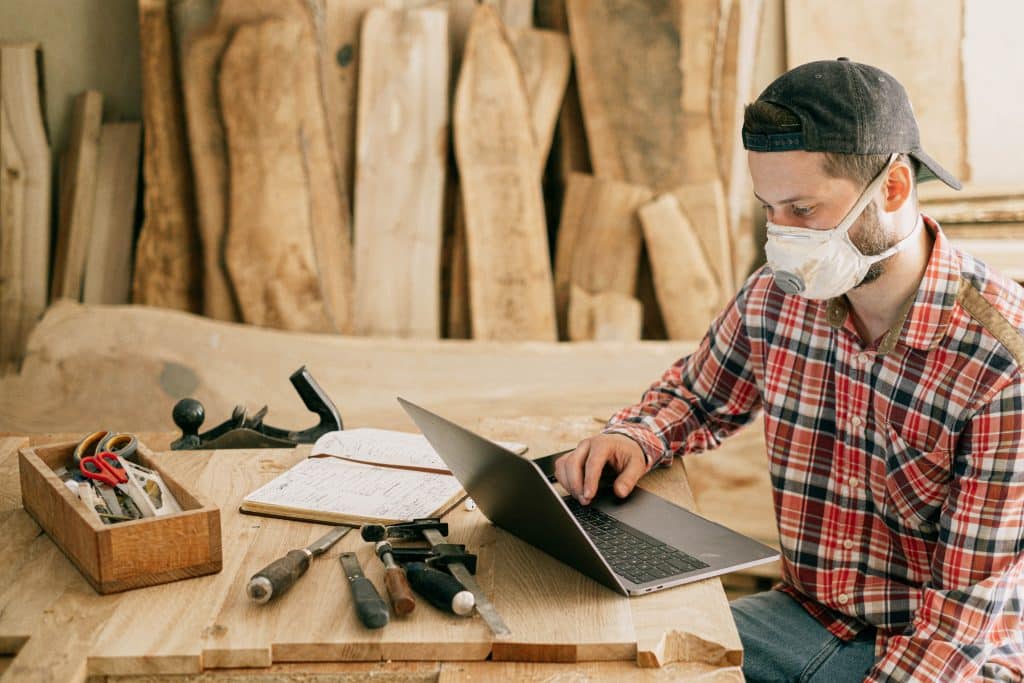Cutting-edge technology has always been integral to manufacturing units. Gone are the days when the manufacturing industry was synonymous with countless workers slogging on an assembly line throughout the day.
Today, workers have access to various types of technology, including artificial intelligence, augmented reality, and machine learning, and more and more manufacturing businesses are now also turning to Machine Learning Solutions from high-speed cameras to ensure the machinery is working to the highest standard. All these technologies take some of the load off their shoulders and help them focus on strategic decision-making.
The use of technology in manufacturing goes a long way to reduce downtime, prevent safety hazards, and maximize output. Ultimately, all these factors contribute to skyrocketing efficiency and revenue.
New-Age Tech Innovations in Manufacturing
Whether you’re manufacturing electronic gadgets, automobiles, or consumable goods, chances are you’ve already been using various applications of modern technology.
It’s worth mentioning here that tech innovations in manufacturing are no longer restricted to machines that can automatically perform routine tasks. Of course, these machines are still at the core of every manufacturing plant.
But today you’ve got access to a vast gamut of sophisticated technologies that don’t just automate routine tasks but also help workers make the right decisions. Similarly, these technologies help plant supervisors monitor and maximize output.
Without further ado, let’s check out a few advanced technologies that have taken the manufacturing industry by storm.

1. Automated Labeling
When you think of automation in manufacturing, you’re likely imagining robots taking over the assembly line. But there are various subtler ways in which automation can help optimize the production process. One such example is automated labeling.
Labeling is one of the most crucial aspects of product manufacturing and packaging. From product information and expiration dates to safety instructions and warranty details – product labels showcase a ton of useful information.
Nevertheless, the task of adding labels to each product is time-consuming and mundane. If your workers spend their time behind such repetitive jobs, it’ll take a toll on their productivity and morale. It could even lead to increased churn rates among your employees.
That’s why manufacturers are increasingly investing in label printing machinery that can automatically print and apply relevant labels to various products. Apart from saving your staff from the boring task of applying labels, labeling machinery also helps improve speed and eliminate errors.
2. Predictive Analysis
Artificial intelligence (AI), machine learning (ML), big data analytics, and the internet of things (IoT) – these technologies have already become manufacturing mainstays. One of the biggest applications of these technologies is predictive analysis and maintenance.
Today, it’s possible for manufacturers and plant supervisors to remotely monitor various equipment, and preempt the need for maintenance. Most machines in a plant are equipped with sensors that relay a plethora of useful data to computers, which, in turn, run algorithms to analyze and interpret the data.
It helps manufacturers schedule routine maintenance of different machines instead of waiting for them to falter. Also, they can monitor the status of various equipment without physically visiting the factory. That’s particularly important considering social distancing norms and travel restrictions in place due to the COVID-19 pandemic.
Similarly, plant managers can use the data to identify faulty processes and improve efficiency. They can even find out which specific tasks or workers are slowing down operations.
3. Augmented Reality
Powered by augmented reality (AR), workers at a manufacturing plant can now run computerized simulations of key processes. It helps them visualize the entire workflow and identify any safety hazards. It equips them with the right insights and tactics to better deal with any challenges they might encounter while running various processes.

Similarly, virtual reality (VR) has made it possible for product developers and manufacturers to troubleshoot problems and provide uninterrupted customer service during the COVID-19 pandemic. They can use VR headsets to help customers diagnose and fix minor flaws in products.
4. Robotics
A list of tech innovations in manufacturing would be incomplete without mentioning robotics. Robots have been used in factories and production units for many years now. They can do the heavy lifting and handle hazardous tasks that would jeopardize the safety of workers.
But it’s the COVID-19 pandemic that has escalated the adoption of robots in manufacturing. Today, many plants are using cobots – robots with a mechanical arm – that can work alongside human staff on the assembly line. Cobots have helped manufacturers continue operations while maintaining social distancing regulations.
The Road Ahead for Manufacturing
Modern technology has become indispensable to production and manufacturing. In the years to come, manufacturing units will become even more dependent on AI/ML and IoT. Also, you can expect to see more applications of data analytics to improve efficiency and output. Similarly, the use of cobots to support human workers will continue to grow.












Leave a Reply